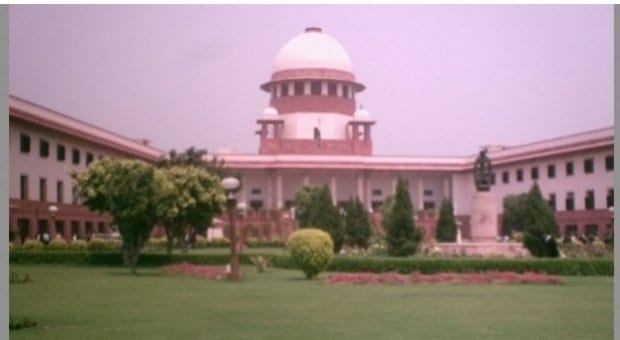India’s Supreme Court has agreed to an open-court hearing of a petition challenging its Dec 11 ruling that reinstated Section 377, which prohibits “carnal intercourse against the order of nature.”
It is expected that a hearing date will be set by the last week in April.
The court had dismissed previous petitions seeking a review of its ruling that set aside a 2009 Delhi high court decision that struck down Section 377, arguing that only the country’s parliament could change the colonial-era law, which effectively criminalizes gay sex.
In the latest bid to win a review of the ruling, petitioners, including the Naz Foundation, state, “This Court has incorrectly held that a minuscule fraction of population cannot claim fundamental rights, thereby rendering the Part III of the Constitution meaningless for all individuals and minority communities in India. This finding has caused immense public injury and if not rectified, would have dangerous implications on the enforcement of fundamental rights of citizens. The judgment reflects an issue of bias against the Lesbian Gay Bisexual & Transgender (LGBT) persons.”
Gay rights activists argue that in the four-year period after the Delhi court’s decision, thousands of people became open about their sexuality. They maintain that the Supreme Court’s decision to subsequently uphold Section 377 exposes those people to prosecution “on account of the association between homosexuality and penile-anal/penile-oral sexual acts.”
On April 15, a two-judge panel of India’s top court recognized transgender people as a third gender and called on government to implement measures to ensure their equal treatment and greater acceptance in wider society.
“Recognition of one’s gender identity lies at the heart of the fundamental right to dignity,” the Supreme Court’s ruling states. “Gender . . . constitutes the core of one’s sense of being as well as an integral part of a person’s identity. Legal recognition of gender identity is, therefore, part of right to dignity and freedom guaranteed under our Constitution.”
In the April 15 ruling, the judges noted the greater acceptance and prominence transgender people, or hijras, used to enjoy in Indian culture, a status that was eroded with the passage of the 1871 Criminal Tribes Act during British colonial rule that deemed the entire community “criminal.”
While the law was repealed at the end of the 1940s, the community continues to be marginalized and abused, writes Geeta Pandey, of the BBC News in Delhi.


 Why you can trust Xtra
Why you can trust Xtra


